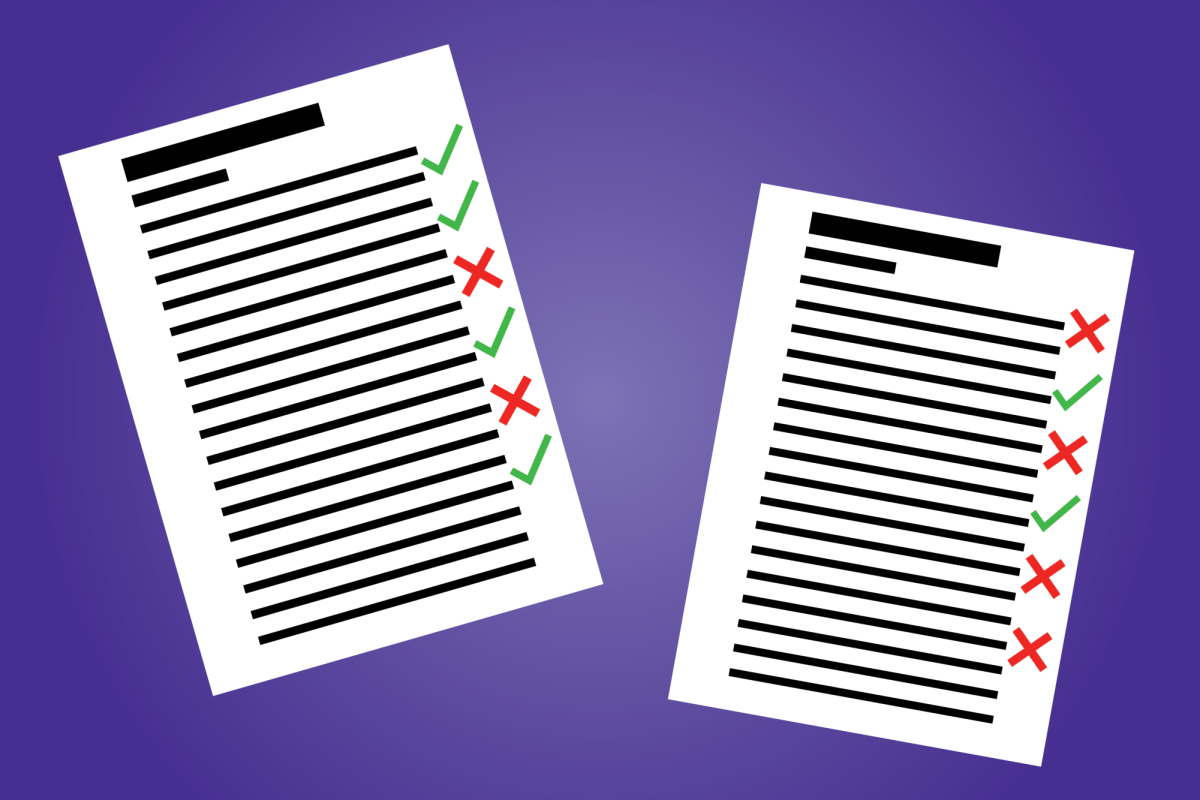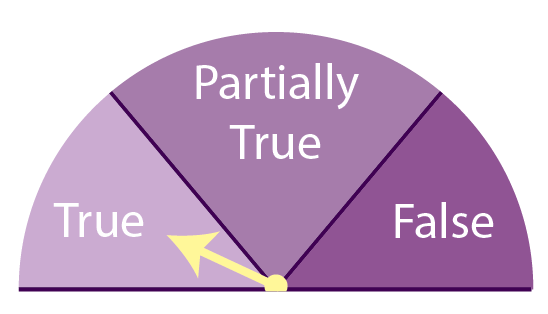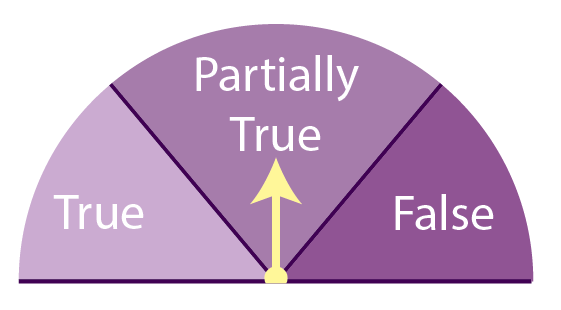Chatham Faculty United sent an open letter to the administration on Sept. 24 requesting that the University end the NLRB hearings and recognize the union. In response, the administration sent a letter on Oct. 4 maintaining its position that all faculty are ineligible to join a bargaining unit and confirming their intent to continue the hearings.
The letters represent the positions of both sides of the labor dispute and feature strong language. Thus, it is necessary to break down the main points of the letters to determine the facts.
True | Partially True | False |
Faculty Letter Fact Check
[T]he NLRB has been compelled to hold 213 hours of hearings across 31 separate days since February to gather evidence on the Board’s challenges.
Since the beginning of the NLRB hearings, the Chatham Faculty United has been tracking the dates and hours-per-day of the hearings.
The hearings have occurred over 32 separate days as of Oct. 4 and have ranged four to nine hours per day. The cumulative number of hours, based on the data tracked by the faculty and corroborated by the administration’s response letter, is over 213 hours.
By our estimates, the Trustee’s efforts to fight its own faculty have already cost close to $1 million.
The stated cost of “close to $1 million” is best taken with a grain of salt. The figure is an estimation derived from several assumptions.
The first assumption is that the Duane Morris lawyers representing the administration have the same hourly rates as the Duane Morris lawyers involved in litigation with a Pennsylvania school district, as uncovered by the Philadelphia Inquirer.
Second, the faculty have assumed that the ratio for billable hours outside of the hearings is 2:1, meaning that the total cost is three times the cost of the hearings alone.
Therefore, the actual amount of legal fees the University has incurred for the NLRB hearings could be under, or over, the estimation of $1 million.
Administration Response Fact Check
Because the NLRB must assess fundamental legal issues about the appropriateness of the AFT-PA’s proposed unit, Chatham cannot simply “end” the hearing.
This is analogous to claiming that parties in a civil suit cannot agree to end litigation and reach a settlement because the court has not yet resolved legal issues.
The Administrative Procedure Act provides that federal agencies, like the NLRB, oversee alternative means to resolve disputes should both parties agree to negotiate. Nothing in the APA or NLRB rules and regulations obligates all parties to see hearings through to the end.
The administration’s claim is only true if it continues to maintain that all University faculty are managers and refuses to negotiate an appropriate bargaining unit that recognizes some faculty as non-managerial.
Such negotiations were rejected by the administration after the faculty sent a letter in June offering to come to the table and discuss what an appropriate bargaining unit at Chatham could look like.
It is just untrue that Chatham University’s legal representatives have chosen “the most laborious, time-consuming, and expensive strategy at their disposal.”
While the language used in the union letter is quite strong, it is true that the administration chose the route of most resistance.
The administration was not required to request the NLRB hold hearings. Instead, the administration could have consented to the representation election.
It was not required that the administration reject the idea that any faculty at Chatham can join a union. Instead, the administration could have negotiated with the faculty a bargaining unit that excludes faculty who possess supervisory or managerial authority.
And the administration could choose to stop the hearings and work with the faculty to agree on a bargaining unit subject to the approval of the NLRB regional director.
However, the administration continues to maintain that all Chatham faculty are managerial and that none can join a union, continuing the NLRB hearings.
There is also significant evidence that various faculty members in roles such as department chairs and program directors are supervisors[.]
The NLRB hearings indicate that department chairs and program directors may have sufficient authority to be supervisory employees, and, thus, they be excluded from a bargaining unit, according to transcripts of witness testimony obtained by the Communiqué through a Freedom of Information Act request.
We do not believe comparing Chatham to other schools (such as public universities subject to different legal standards) takes into account all the various ways in which Chatham stands apart under applicable law.
The faculty union letter does make comparisons to other universities. However, as the administration aptly points out, most unionized faculties are at public colleges or universities.
Unions represent faculty at 52% of two-year and 33% of 4-year public colleges or universities. Meanwhile, only 8% of private universities, like Chatham, have unionized faculties, according to data from the National Center for the Study of Collective Bargaining in Higher Education and the Professions.
The key difference is that public universities are governed by different labor laws and legal standards that present different challenges than unionizing at a private university like Chatham.





